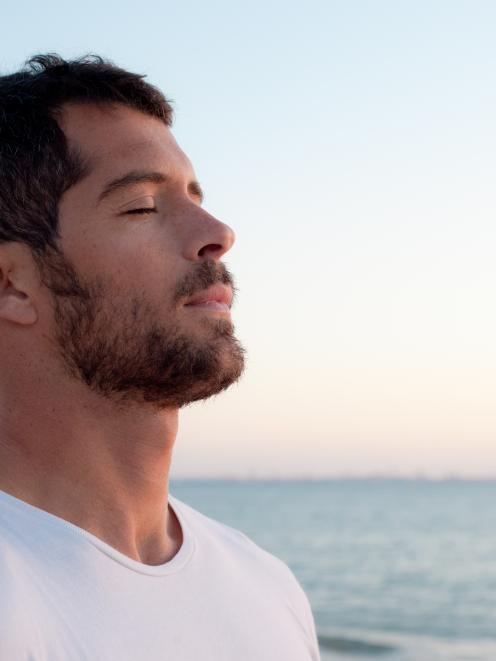ODT Online Advertorial

Nose-breathing also encourages our diaphragm to work more efficiently and keeps us fitter and stronger. We all breathe through our mouth: when
• Under stress or when excited
• During exercise, walking uphill and climbing stairs
• When ill or when we have a blocked nose
However, most people will revert to nose-breathing again as soon as possible. People who predominantly mouth-breathe may have problems with:
• Recurrent ear infections (particularly in children)
• Snoring, trouble getting to sleep and waking during the night
• Shortness of breath or chest tightness
• allergies and sinus problems
• heartburn or reflux
• chapped lips
• Feeling tense
• Anxiety
• circulation issues such as cold hands and feet
There are different reasons why some people breathe through their mouth. It may be because of an obstruction in the nose or in the passage that leads from the nose to the lungs. This can be from a broken nose or it can be allergy-based. In other cases it might just be an action that has become habitual over time, through breathing badly when walking, exercising or even when talking a lot. It may even be due to holding your breath in your chest without realising it.
Back in Motion has 2 BradCliff Method Physiotherapists who are able to assess your breathing, posture and points of tension and help you to learn to feel relaxed, breathe through your nose again and get back to activity and exercise without symptoms. They teach good breathing strategies for getting to sleep, for relaxing the throat, neck and shoulder muscles. They also teach you how to relax and feel if you are relaxed at any given time.
For stress and anxiety, they teach techniques that you can use to relieve your stress and help you prepare for stressful situations.
For walking and exercise, from social exercise through to elite athlete level, they teach strengthening exercises for your abdominal and diaphragm muscles and teach techniques to reduce chest and shoulder tension so it does not interfere with performance.
